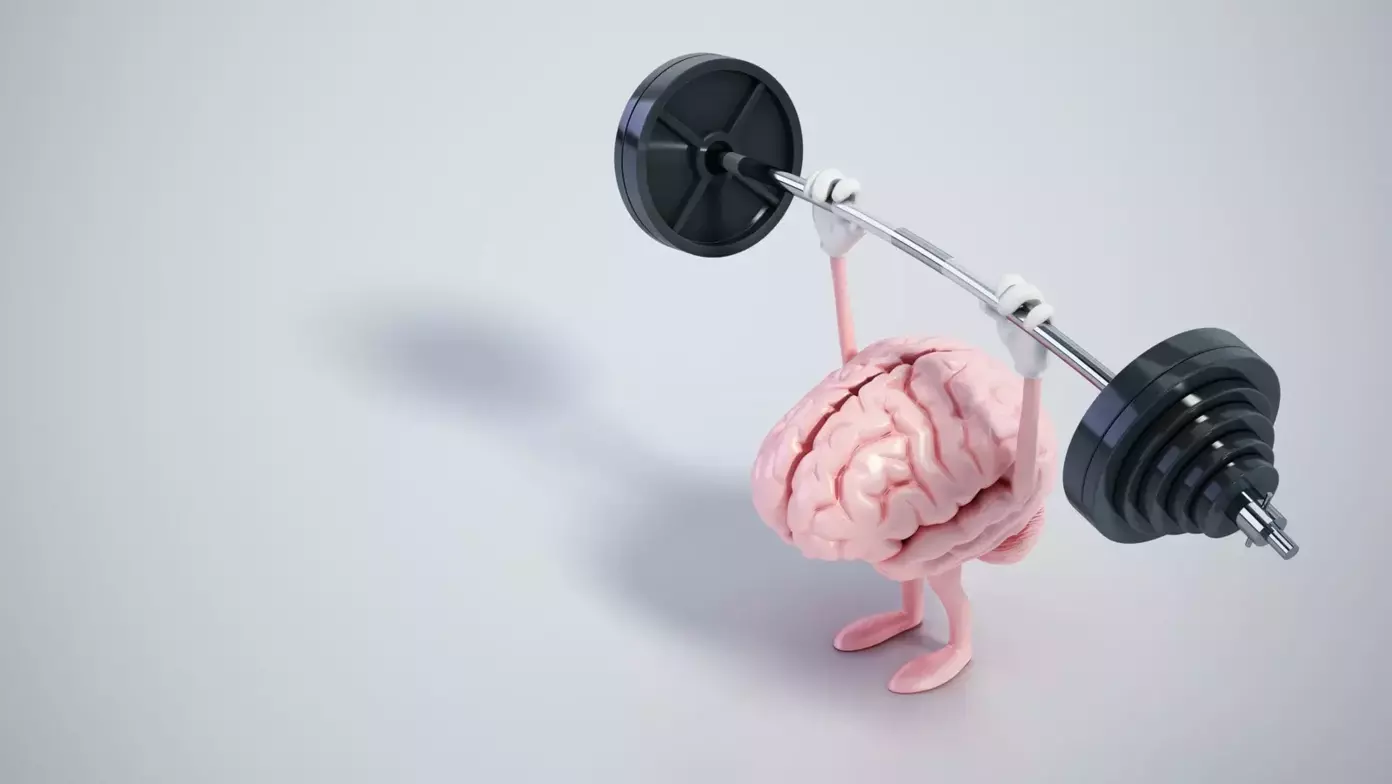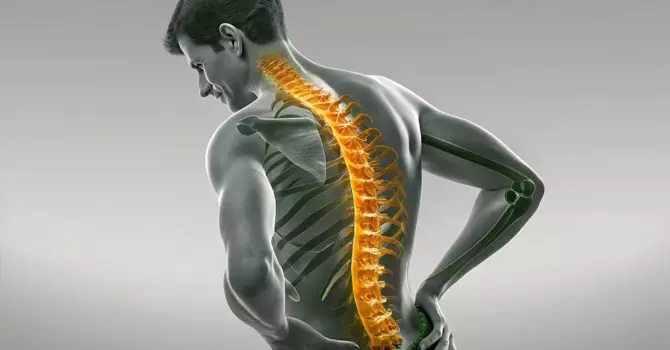
How Movement Affects Brain Health: Why Staying Active Is One of the Best Things You Can Do for Your Mind
Most people associate exercise with physical benefits, such as stronger muscles, improved endurance, and greater flexibility. However, one of the most significant effects of movement occurs in the brain. Research consistently demonstrates that regular physical activity greatly influences brain health, impacting memory, focus, emotional balance, and long-term cognitive function.
In summary, when you move your body, you are also training your brain.
The Brain-Body Connection
Your brain and body are constantly communicating. Every movement you make—whether it's a brisk walk, a yoga flow, or resistance training—sends a wave of sensory information through your nervous system. These signals stimulate the brain, promoting growth, repair, and adaptation.
Physical activity boosts blood flow to the brain, providing it with oxygen and nutrients essential to neurons —the cells responsible for communication in the brain. Additionally, movement promotes the release of chemicals that aid in forming new connections, a process known as neuroplasticity.
This interaction between movement and brain health is so significant that neuroscientists often refer to exercise as "Miracle-Gro for the brain."
Exercise and Brain Chemistry: A Natural Boost
Physical activity triggers a cascade of beneficial neurochemicals that improve both mood and cognition.
1. BDNF (Brain-Derived Neurotrophic Factor)
One of the most important is BDNF, often described as the brain's fertilizer. It helps neurons grow, strengthens existing connections, and protects brain cells from degeneration. Studies show that consistent aerobic exercise — such as walking, cycling, or swimming — significantly increases BDNF levels, enhancing memory and learning capacity.
2. Dopamine and Serotonin
Exercise also increases dopamine and serotonin, neurotransmitters involved in motivation, pleasure, and emotional balance. This is one reason why regular movement can help reduce symptoms of depression and anxiety.
3. Endorphins
Often called the body's "feel-good" hormones, endorphins create the sense of calm and satisfaction people experience after exercise. They can also reduce pain perception, helping you feel better both mentally and physically.
Movement and Cognitive Performance
Movement not only improves your mood but also enhances daily brain function.
- Memory and Learning: Exercise boosts activity in the hippocampus, a region critical for memory formation. This is especially important as we age, since the hippocampus tends to shrink over time.
- Focus and Productivity: Physical activity improves executive function — the brain's ability to plan, concentrate, and make decisions. Even short bouts of movement, like a 10-minute walk, can sharpen focus and increase creativity.
- Neuroprotection: Regular exercise has been shown to reduce the risk of neurodegenerative diseases such as Alzheimer's and Parkinson's. It helps maintain healthy blood flow and reduces inflammation in the brain.
In fact, a 2023 review published in Frontiers in Aging Neuroscience found that adults who engaged in consistent physical activity had significantly better cognitive scores than sedentary individuals, regardless of age.
How Different Types of Movement Affect the Brain
Not all exercise stimulates the brain in the same way. Each form of movement contributes uniquely to brain health.
Aerobic Exercise
Activities like walking, running, or cycling are particularly effective at increasing blood flow and BDNF. These forms of exercise are strongly linked to improvements in mood, memory, and cognitive performance.
Resistance Training
Lifting weights or performing bodyweight exercises not only strengthens muscles but also improves hormonal balance and supports brain structure. Resistance training helps reduce inflammation and promotes metabolic health — both crucial for long-term brain function.
Balance and Coordination Activities
Exercises that challenge balance or require complex movement patterns (like yoga, tai chi, or certain sports) enhance communication between brain regions. They stimulate the cerebellum and motor cortex, improving coordination and mental sharpness.
Low-Intensity Movement
Even gentle activities like stretching or walking can boost mental clarity and lower stress. The key is consistency — the brain thrives on regular stimulation, not occasional extremes.
Movement, Stress, and Mental Resilience
Chronic stress negatively impacts brain health, leading to inflammation, impaired memory, and even structural changes over time. Regular movement acts as a natural buffer against stress.
Exercise helps regulate cortisol (the body's stress hormone). It supports a healthier balance of the autonomic nervous system — shifting your body from "fight or flight" toward a calmer "rest and digest" state.
In other words, moving your body regularly helps your brain stay resilient in the face of life's challenges.
How Much Movement Does Your Brain Need?
According to current research and public health guidelines, the sweet spot for optimal brain health is:
- 150 minutes of moderate-intensity aerobic activity per week (e.g., brisk walking, cycling, swimming), plus
- 2 or more days of strength training targeting major muscle groups.
Shorter bouts throughout the day count, too. Even standing, stretching, or taking a 10-minute walk during breaks can make a noticeable difference in mental clarity and mood.
Movement at Arthrology Chiropractic
At Arthrology Chiropractic, we view movement as medicine — not only for the body but also for the brain. Our approach combines chiropractic manipulation, exercise therapy, and mobility training to improve the way your body moves and how your nervous system functions.
Whether you're recovering from an injury, managing chronic pain, or simply striving for optimal performance, improving movement patterns supports brain health, energy, and emotional well-being.
The Bottom Line
Movement is one of the most powerful tools for maintaining brain health at any age. It enhances memory, focus, mood, and resilience while protecting against cognitive decline.
The next time you go for a walk, hit the gym, or stretch after a long day—remember, you're not just strengthening your muscles. You're nurturing your brain.

Edward Boudreau
Contact Me



.png)
